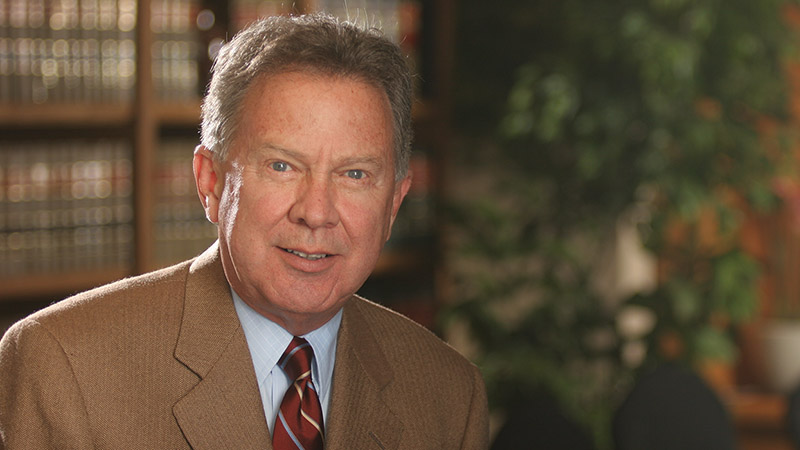
Jury Nullification—Jury Has Power to Nullify Law
|
Share |
|
At the end of most jury trials, the judge gives the jury instructions regarding the law applicable to the case. The jury is then excused to begin its deliberations and reach a verdict. Jury verdict research indicates that most juries give great weight to the judge's instructions about the law. They take seriously the charge to apply the facts presented during the trial to the law as described to them by the judge.
Under our legal system, however, the law need not control juries. They may reach any verdict they like, notwithstanding what many would consider to be the obvious conclusion to be drawn from the evidence applied to the law. In legal circles, this concept sometimes is referred to as "jury nullification". The term is used to describe the ability of a jury to effectively nullify the law in connection with the case they are hearing.
This little-known principle is well established in our legal system. It predates the American Revolution. If a jury believes a law is unjust, or that circumstances justify disregarding it, the jury generally has the power to reach a verdict that is apparently inconsistent with the traditional application of facts to law.
Most legal scholars agree that this power is one of the strengths of our judicial system. It is a corrective feature that permits ordinary citizens to do justice when unusual circumstances arise. American juries have enormous power, and most of the time it is exercised responsibly.
Juries may be reluctant to reach a first-degree murder conviction, or any conviction at all, where the accused disconnected a respirator from a terminally ill loved one resulting in death or more serious injury. The power of jury nullification permits a "not guilty" verdict in situations such as this.

 Our lawyers and staff want to help you, in the unfortunate event that you need help. Just e-mail or call us for a free, no obligation confidential consultation.
Our lawyers and staff want to help you, in the unfortunate event that you need help. Just e-mail or call us for a free, no obligation confidential consultation.